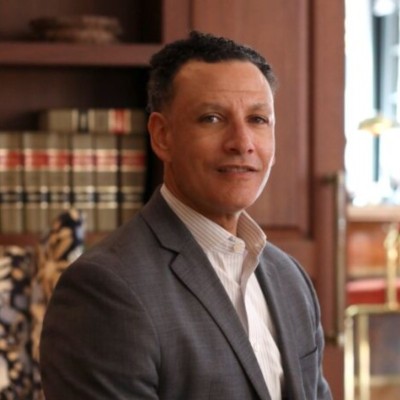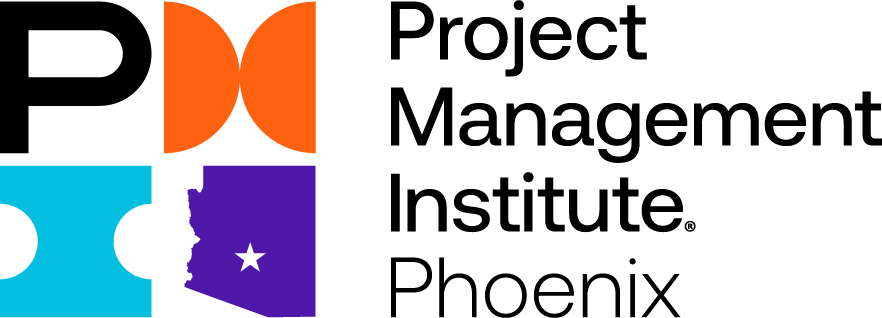Presentation Summary:
Join us for an engaging session on Business Acumen and Decision Performance. Our speaker will guide us through an interactive program designed to explore the value of measuring decision performance and its impact on day-to-day decision-making. The presentation will highlight the importance of business acumen in making informed choices, how decision performance can shape the outcomes of our decisions, and practical strategies for enhancing decision-making skills. This event promises valuable insights into improving the way we approach decisions in a business context.
Speaker: Derick Brownell

Speaker Bio:
Derick Brownell, PMP, serves as the PMI Phoenix Chapter Board Director for Programs and is transitioning into a new role focusing on membership engagement. With extensive experience in project management and leadership, Derick brings a wealth of knowledge and expertise in guiding teams and fostering professional growth. His passion for connecting professionals and advancing the project management field is evident through his work with PMI, where he has played a key role in developing programs that drive success for members.

